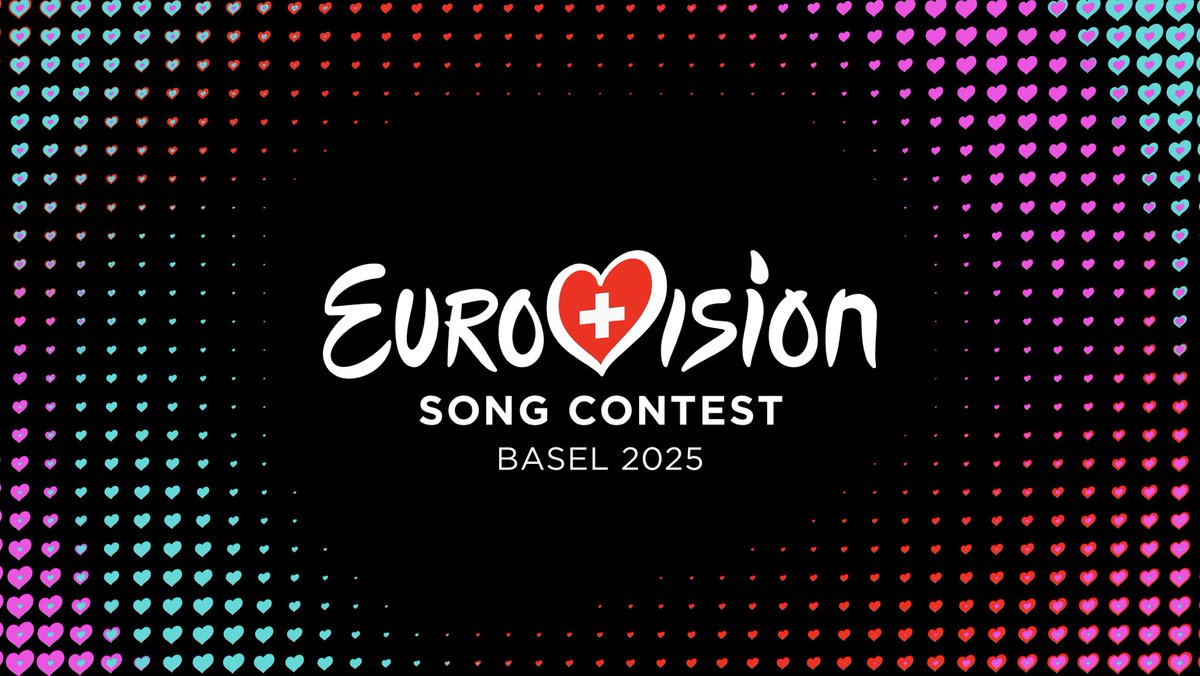
Odd: Sweden +225
Stopbet: 2025-05-17
Eurovision 2025 is set to kick off in Basel, Switzerland, on May 17. With the contest just over a month away, it's time to break down the competition's history, the favourites, the best bets, and the buzz surrounding this year's competition.
The Eurovision Song Contest, more commonly known as "Eurovision," is a prestigious international song contest. Countries, primarily from Europe, send artists to perform original songs live on TV. In 1956, the European Broadcasting Union saw a need to unite post-war Europe and decided to start Eurovision to bring countries together through art, music and culture. Today, it's a global phenomenon with over 150 million annual viewers.
The process starts with each country picking an act; it could be a solo singer, band, musical group, etc. Those acts compete nationally for the right to represent their country. The best acts from each country then compete in one of two semi-finals, and the top 10 acts from each semi-final make it to the Grand Final. The host country, the previous year's winning, gets an automatic entry, as do the "Big Five" countries (France, Germany, Italy, Spain, and the United Kingdom). Then, at the finals, each act performs live, and the winner is decided by a mix of public televotes (people texting or calling in) and points from professional juries in each participating country. The country with the most points wins, and they usually host the following year's contest.
It's not only about music; it's a spectacle. Wild costumes, over-the-top staging, and songs ranging from pop bangers to ballads, folk mashups, and even heavy metal.
Make no mistake: political factors play a massive role in deciding the winner. Voting blocs like Scandinavia or the Balkans often trade points, and lyrics sometimes carry subtle insults and sass toward fellow contestants. Notable winners include ABBA for Sweden in 1974 and Céline Dion for Switzerland in 1988, despite the fact that she's Canadian.
Make no mistake: political factors play a massive role in deciding the winner. Voting blocs like Scandinavia or the Balkans often trade points, and lyrics sometimes carry subtle insults and sass toward fellow contestants. Notable winners include ABBA for Sweden in 1974 and Céline Dion for Switzerland in 1988, despite the fact that she's Canadian.
The Eurovision Song Contest, more commonly known as "Eurovision," is a prestigious international song contest. Countries, primarily from Europe, send artists to perform original songs live on TV. In 1956, the European Broadcasting Union saw a need to unite post-war Europe and decided to start Eurovision to bring countries together through art, music and culture. Today, it's a global phenomenon with over 150 million annual viewers.
The process starts with each country picking an act; it could be a solo singer, band, musical group, etc. Those acts compete nationally for the right to represent their country. The best acts from each country then compete in one of two semi-finals, and the top 10 acts from each semi-final make it to the Grand Final. The host country, the previous year's winning, gets an automatic entry, as do the "Big Five" countries (France, Germany, Italy, Spain, and the United Kingdom). Then, at the finals, each act performs live, and the winner is decided by a mix of public televotes (people texting or calling in) and points from professional juries in each participating country. The country with the most points wins, and they usually host the following year's contest.
It's not only about music; it's a spectacle. Wild costumes, over-the-top staging, and songs ranging from pop bangers to ballads, folk mashups, and even heavy metal.
Make no mistake: political factors play a massive role in deciding the winner. Voting blocs like Scandinavia or the Balkans often trade points, and lyrics sometimes carry subtle insults and sass toward fellow contestants. Notable winners include ABBA for Sweden in 1974 and Céline Dion for Switzerland in 1988, despite the fact that she's Canadian.
Make no mistake: political factors play a massive role in deciding the winner. Voting blocs like Scandinavia or the Balkans often trade points, and lyrics sometimes carry subtle insults and sass toward fellow contestants. Notable winners include ABBA for Sweden in 1974 and Céline Dion for Switzerland in 1988, despite the fact that she's Canadian.
What to Watch For
The 2025 edition is set for May 17 in Basel, Switzerland, after Nemo's 2024 win with "The Code," securing the Swiss home-field advantage, but they aren't the betting favourites entering 2025. Sweden's KAJ with "Bara Bada Bastu" tops eurovisionworld.com's win probability list with a 25% chance as of early April. The Swedes are a constant force at this event, and being +225 on most sportsbooks makes them a strong value bet. Sweden has won the event seven times, tied for the most all-time with Ireland. "Bara Bada Bastu" is also an extremely quirky and catchy song and has already had 5.8 million plays on the Eurovision YouTube channel in just three weeks. Austria's JJ, with "Wasted Love," a dramatic pop-opera track, is close behind at 22% and isn't to be overlooked. It's got that big, theatrical vibe that captures the listener. The song currently has 2.5 million plays on the Eurovision YouTube channel over a four-week period. France's Louane with "Maman" is another contender, with a 12% win probability. Everyone else has a sub-8 % probability of winning, but dark horses have emerged before.Key Dates
Eurovision Starts May 17, 2025Analysis
Eurovision is unpredictable. Televote and jury splits, live performances, and even geopolitics can flip the script last minute. Last year, Switzerland's Nemo jumped from fourth to first with "The Code," defying the odds. Be cognizant of the official views on the Eurovision channel as that's the best correlation to the public vote. Sweden's got the edge right now, and that is the smart money with more than double the streams as the second most streamed song out of Austria. While those numbers are a great tell, it all comes down to who can perform at the live shows and the geopolitics of the individual juries.
11 months ago


